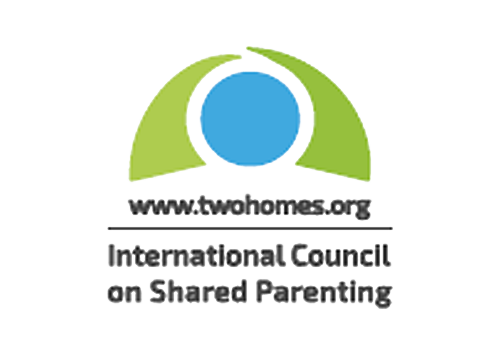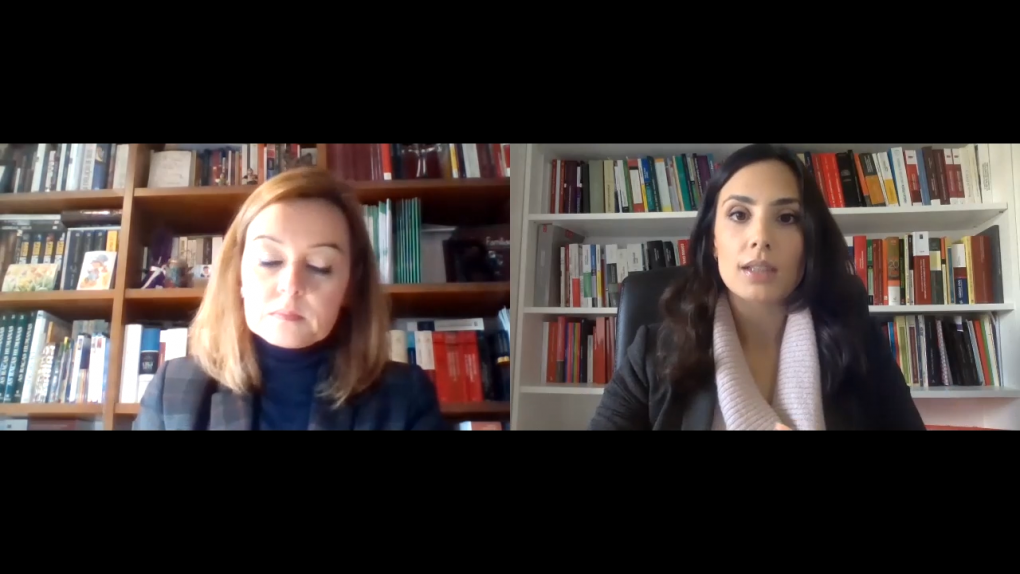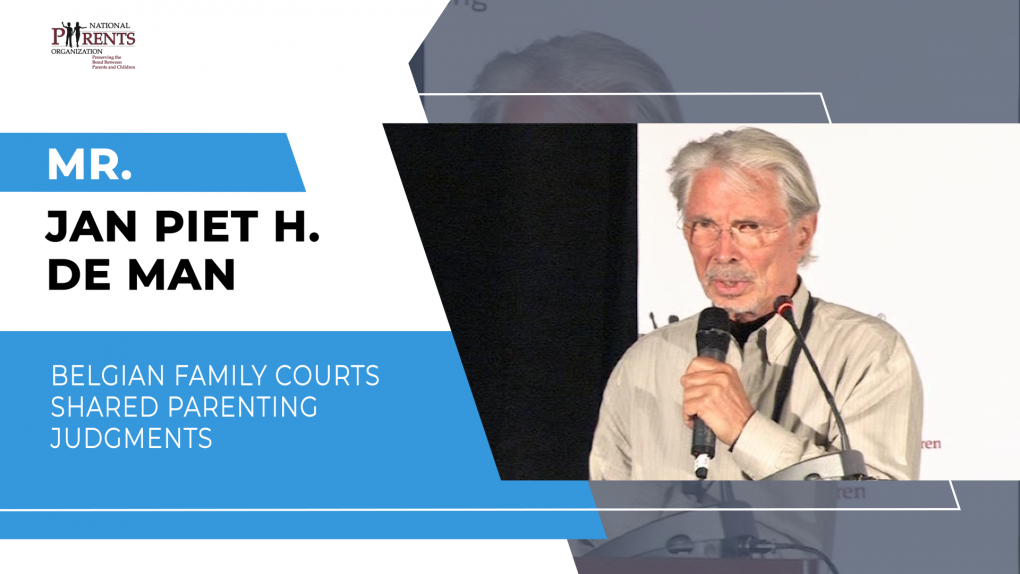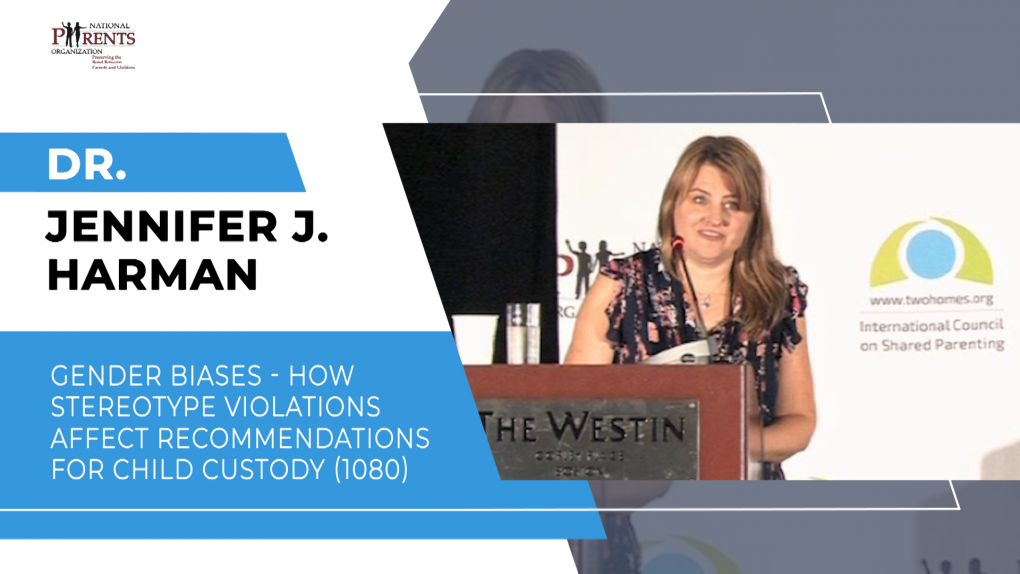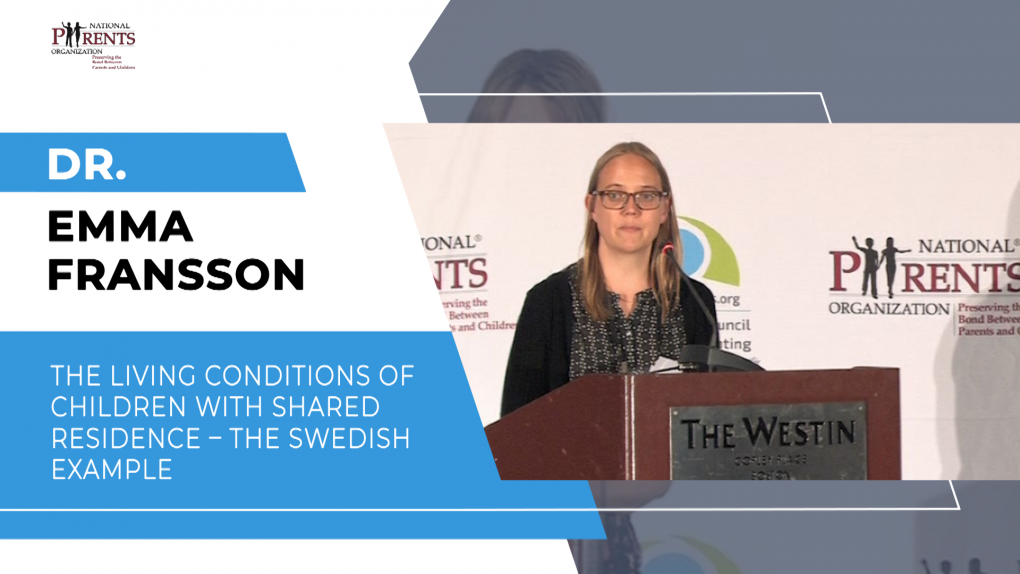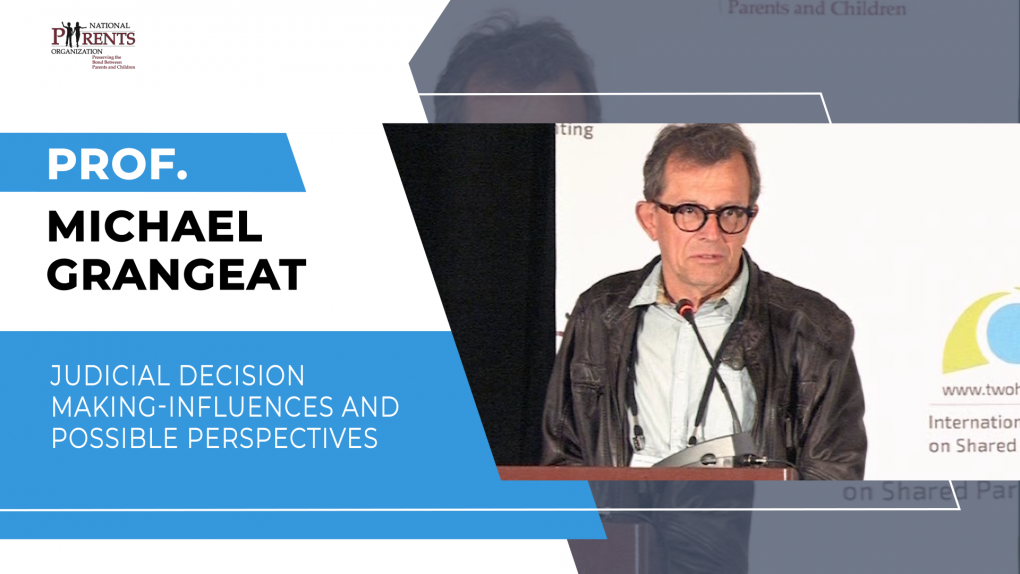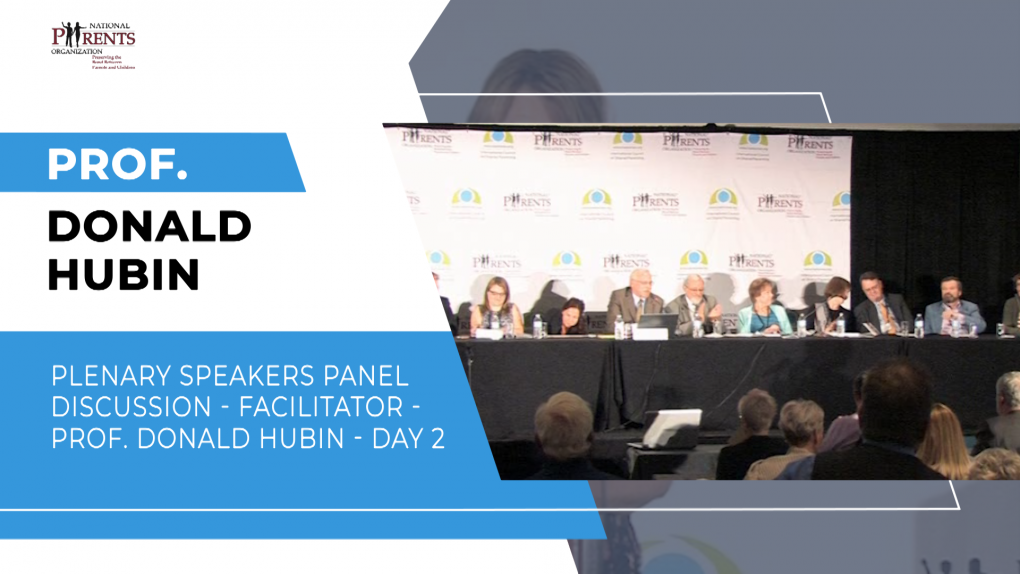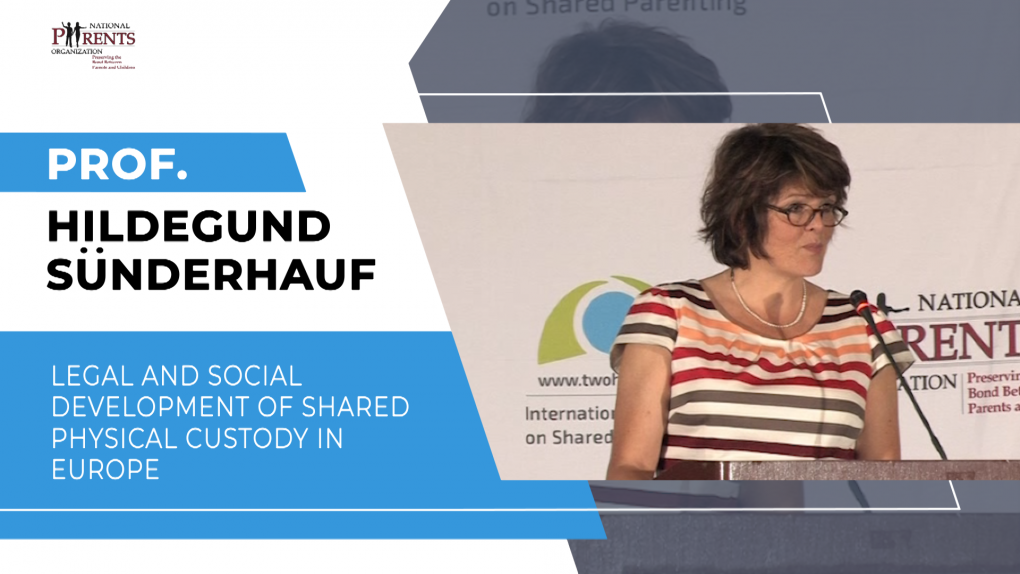Family mediation should be used as an alternative method of resolving disputes of a privileged nature in the area of family conflicts. These are endowed with emotional characteristics that make them more suitable to another context than the judicial forum, especially parental struggles. And, at the same time, they are of a human complexity that require a different analysis in the context of mediation. Not all family and/or parental conflicts will be susceptible to mediation, and the courts will maintain all its relevance. However, the advantages of a self-composition method are increasingly visible, in the search for a solution that responds to the interests and desires of those who, in the past, shared another dynamic, in an experience of proximity and intimacy. And, at the same time, need to continue to bond as co-parents. It is important to reiterate the idea that family mediation is not a perfect formula that will resolve all family disputes. It is a better place to address and settle some of these conflicts taking into consideration that the will of the parties works as a proposition. Naturally, the need for the judicial system in family matters is not at all overlooked or ignored. It is emphasized that for some of these conflicts there is a more appropriate alternative. If the disputants reach by themselves an agreement, it is only natural that they comply with it. As a result, although it is a friendly solution, it will be more binding than a decision imposed by a third party with the power to do so. Nevertheless, it is questionable whether a couple that went through episodes of violence could be eligible for family mediation. Can one feel completely free to expose his/her thoughts when there were episodes of physical and/or psychological violence in the relationship? At the same time, some argue that mediation can mend some fences and help restore self-confidence using different techniques such as empowerment. There is some obvious ambiguity in this matter. It is important to identify which are the arguments used in this divergence and what national and international guidelines and legal framework – such as Istanbul Convention – postulate on this matter. Keywords: family mediation, domestic violence, family conflicts, alternative dispute resolution, shared parenting, parental responsibilities [1] Visiting Assistant Professor of the School of Law, University of Minho; Researcher of JusGov – Research Centre for Justice and Governance. [2] Associate Professor of the School of Law, University of Minho; Researcher of JusGov – Research Centre for Justice and Governance.
Rossana Cruz, PhD
Rossana Cruz
Phd in Law; Visiting Assistant Professor – Law School of University of Minho (PORTUGAL) and School of Management, IPCA (PORTUGAL); Researcher at JusGov- Research Centre.
(Co-Presenter Cristina Dias)
Cristina Dias, PhD
Phd in Law; Associate Professor and Dean – Law School of University of Minho (PORTUGAL); Director of the Master Course on Child, Family and Inheritance Law on Law School of University of Minho; Researcher at JusGov- Research Centre.
(Co-Presenter is Rossana Cruz)

